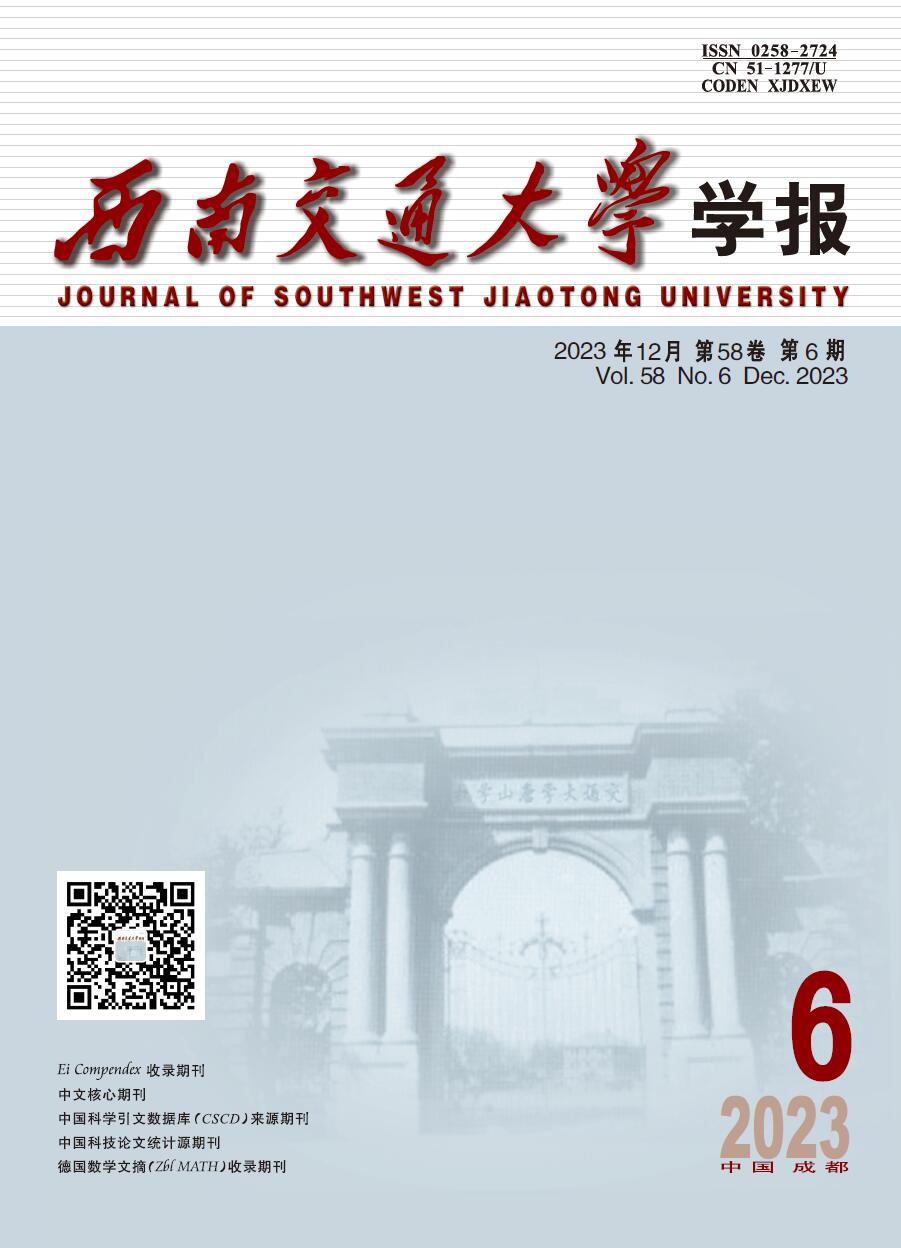INSIGHTS ON THE USE OF AI-POWERED GAME-BASED LEARNING IN TRANSLATION EDUCATION
Q2 Multidisciplinary
Xinan Jiaotong Daxue Xuebao/Journal of Southwest Jiaotong University
Pub Date : 2023-01-01
DOI:10.35741/issn.0258-2724.58.5.35
引用次数: 0
Abstract
The primary focus of using GBL in translation is to incorporate gamification strategies to augment the learning process and enhance the proficiency of translation abilities. By integrating components of play, competition, and incentives into the educational procedure, translation learners are stimulated and incentivized to acquire proficiency in the complexities of translation, ultimately resulting in the development of their translation skills. However, this study emphasizes the implementation of gamification strategies in the process of acquiring translation skills. This study investigates the perspectives of pertinent stakeholders in the field of translation education regarding the efficacy of this learning approach in enhancing the translation competencies and learning outcomes of translation students. A total of 103 research participants, including translation educators, translation students, and game developers, provided vital data through the administration of a questionnaire. The research also used Jamovi statistical software to compute the data, a t-test to verify the research hypothesis, and compiled the data into a descriptive statistics table. The results suggest that both hypotheses developed for the study were supported. On the other hand, this suggests that the use of GBL fosters motivation and engagement among learners of translation, thereby ensuring enhancements in language proficiency, translation competencies, and cultural comprehension. The findings indicate that the integration of GBL methodologies can facilitate the creation of interactive and stimulating educational settings for translation instructors. This, in turn, can promote the cultivation of skilled translators who possess language proficiency, cultural awareness, and translation expertise. Keywords: Game-Based Learning, Translation Education, Motivation and Engagement DOI: https://doi.org/10.35741/issn.0258-2724.58.5.35关于在翻译教育中使用人工智能游戏学习的见解
在翻译中使用GBL的主要重点是融入游戏化策略,以增加学习过程,提高翻译能力的熟练程度。通过在教学过程中融入游戏、竞争和激励的成分,激发和激励翻译学习者熟练掌握翻译的复杂性,最终使他们的翻译技能得到发展。然而,本研究强调游戏化策略在翻译技能习得过程中的实施。本研究探讨了翻译教育领域的相关利益相关者对这种学习方法在提高翻译学生的翻译能力和学习成果方面的有效性的看法。共有103名研究参与者,包括翻译教育者、翻译学生和游戏开发者,通过问卷调查提供了重要数据。本研究还使用Jamovi统计软件对数据进行计算,采用t检验对研究假设进行验证,并将数据编制成描述性统计表。结果表明,为这项研究提出的两种假设都得到了支持。另一方面,这表明使用GBL可以促进翻译学习者的积极性和参与度,从而确保语言水平、翻译能力和文化理解能力的提高。研究结果表明,整合GBL方法有助于为翻译教师创造互动性和激励性的教育环境。这反过来又可以促进培养具有语言能力、文化意识和翻译专业知识的熟练译者。关键词:游戏学习,翻译教育,动机与参与DOI: https://doi.org/10.35741/issn.0258-2724.58.5.35
本文章由计算机程序翻译,如有差异,请以英文原文为准。
求助全文
约1分钟内获得全文
求助全文
来源期刊

Xinan Jiaotong Daxue Xuebao/Journal of Southwest Jiaotong University
Multidisciplinary-Multidisciplinary
CiteScore
1.50
自引率
0.00%
发文量
166
期刊介绍:
Information not localized
 求助内容:
求助内容: 应助结果提醒方式:
应助结果提醒方式:


